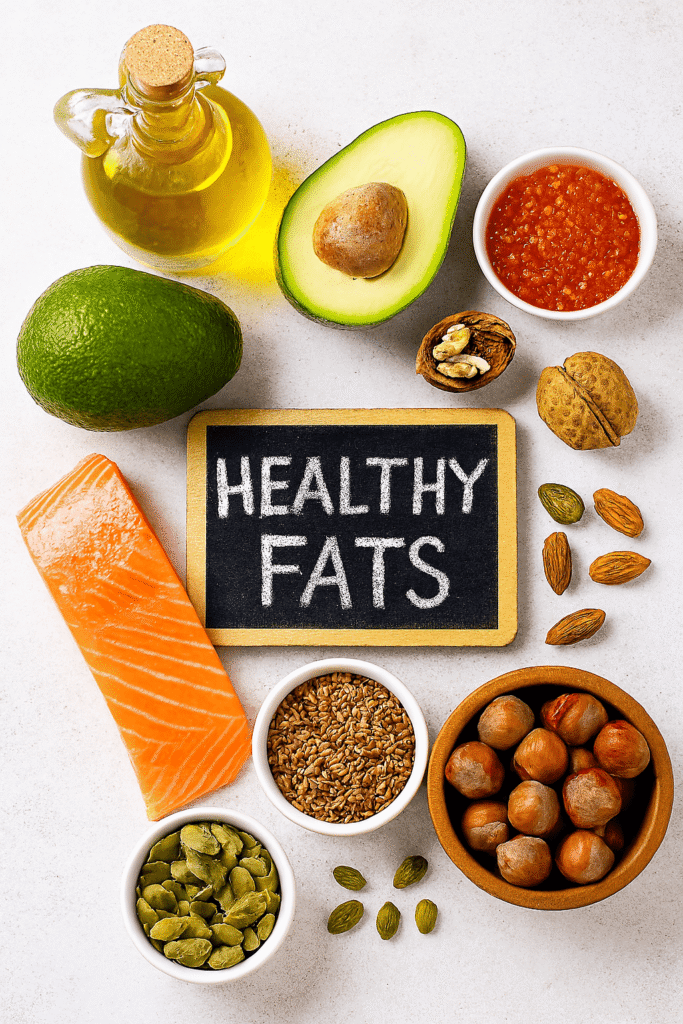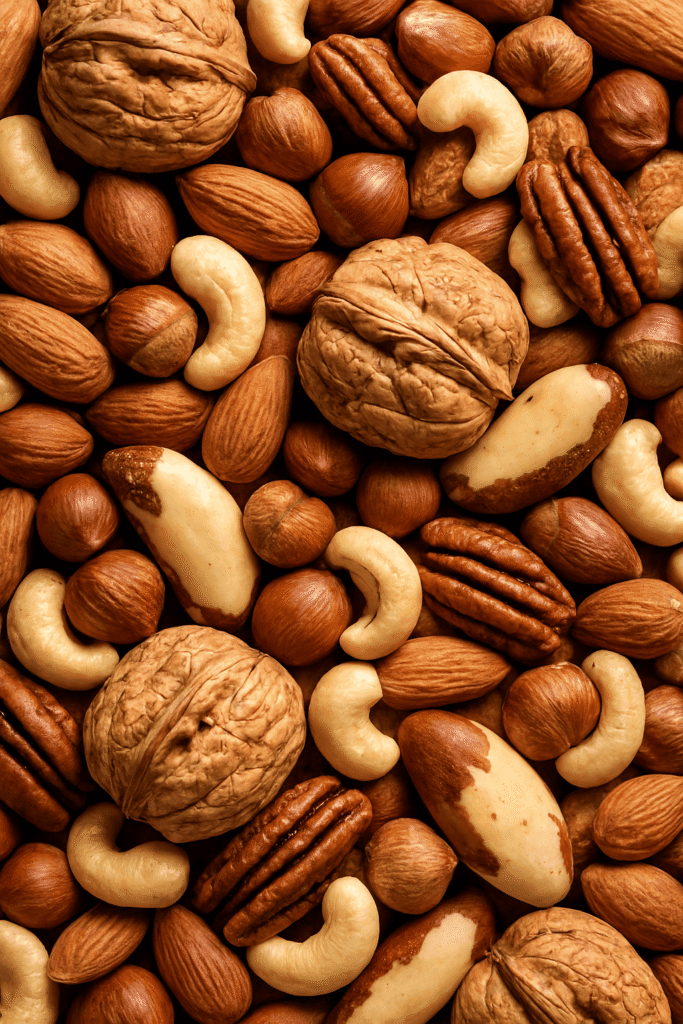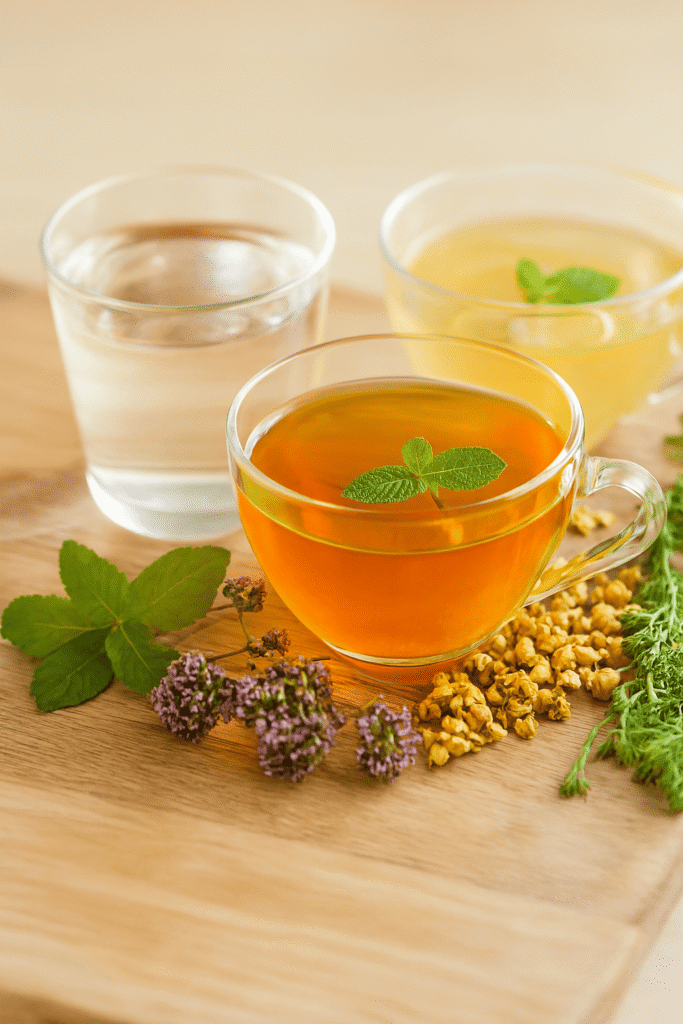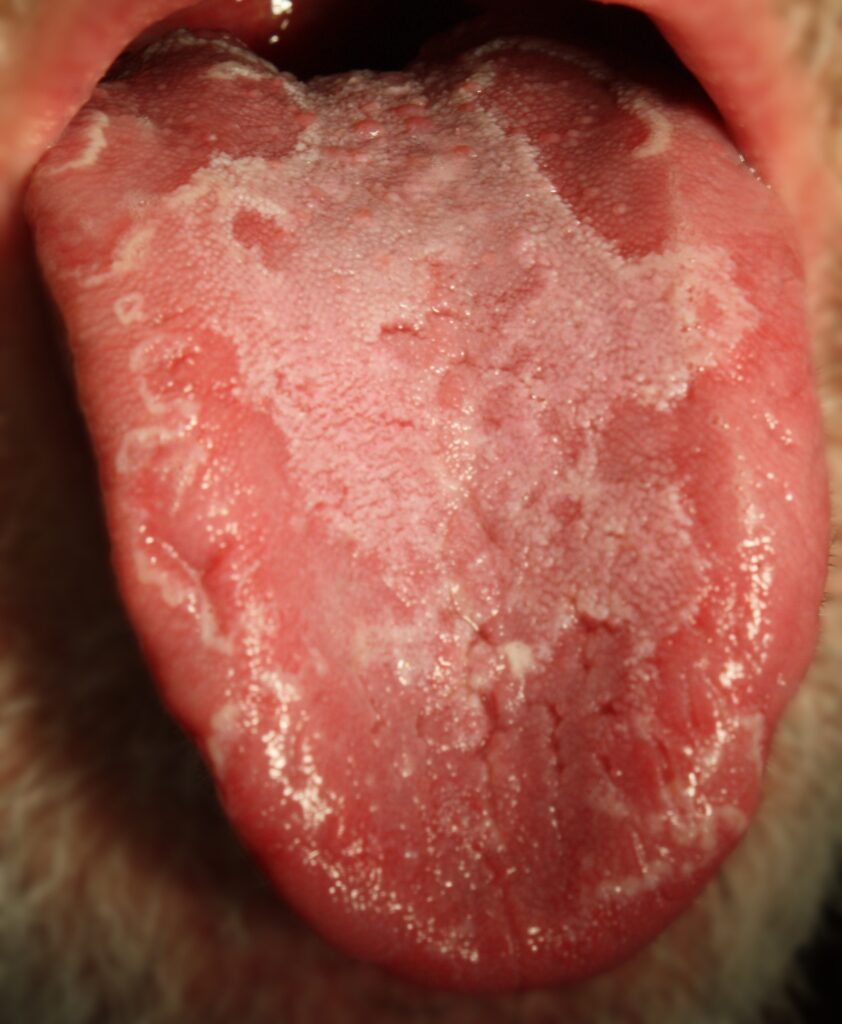To prevent gallbladder stone formation, it’s essential to understand basic facts. Gallbladder stones, or cholelithiasis, affect millions of people worldwide and can lead to severe pain, inflammation, and even surgical intervention if left untreated. These hard deposits, primarily composed of cholesterol or bilirubin, form in the gallbladder—a small organ beneath the liver that stores and concentrates bile used for digestion. While genetics, age, and certain medical conditions play a role in stone formation, diet is one of the most influential and modifiable factors. Fortunately, adopting a gallbladder-friendly diet can not only help prevent gallbladder stone formation, but may also support treatment and reduce the risk of recurrence.
Understanding Gallbladder Stones
Gallstones typically form when there’s an imbalance in the components of bile—mainly cholesterol, bile salts, and bilirubin. The most common type, cholesterol stones, occur when there’s too much cholesterol in the bile, which the available bile salts can’t dissolve. Over time, this excess cholesterol crystallizes into stones. Pigment stones, on the other hand, are associated with excess bilirubin, typically resulting from liver disease or blood disorders.
Risk factors include obesity, rapid weight loss, a high-fat and high-cholesterol diet, diabetes, and a sedentary lifestyle. Women, especially those who are pregnant or on hormone therapy, are also at higher risk.
While surgery (cholecystectomy) is often recommended for symptomatic cases, prevention and early dietary intervention can significantly reduce the need for invasive procedures.
The Role of Diet to prevent gallbladder stone formation
Diet plays a crucial role in maintaining a healthy balance of bile components and ensuring regular gallbladder emptying. Skipping meals, especially breakfast, can lead to bile stagnation, increasing the risk of stone formation. On the other hand, a balanced, fiber-rich, and nutrient-dense diet supports healthy digestion and cholesterol metabolism.
The following are the top foods to prevent gallbladder stones formation:
1. High-Fiber Foods
Fiber is essential for gallbladder health. Soluble fiber binds to cholesterol in the digestive tract and helps eliminate it from the body, reducing the amount of cholesterol available to form stones.
Top sources of high fiber diet which help prevent gallbladder stone formation:
- Oats, barley, and other whole grains
- Legumes (beans, lentils, chickpeas)
- Fruits (apples, pears, berries)
- Vegetables (carrots, broccoli, Brussels sprouts)
Studies have shown that people who eat high dietary fiber have a significantly lower risk of developing gallstones. Aim for at least 25–30 grams of fiber daily from whole food sources.
2. Healthy Fats
Contrary to popular belief, not all fats are bad for the gallbladder. In fact, very low-fat diets can increase the risk of gallstones by reducing gallbladder contractions. The key is choosing the right kinds of fats.
Beneficial Fats:
- Monounsaturated fats: Found in olive oil, avocados, and nuts like almonds and cashews.
- Omega-3 fatty acids: Abundant in fatty fish (salmon, mackerel, sardines), flaxseeds, chia seeds, and walnuts.
Omega-3s help lower triglycerides and reduce inflammation, both of which contribute to a healthier bile composition. Replace saturated and trans fats (found in fried foods, processed snacks, and red meat) with these heart- and gallbladder-friendly options.

3. Lean Proteins
Excess red and processed meats are linked to higher cholesterol levels and increased gallstone risk. Opting for lean, plant-based, or fish-based proteins can make a big difference.
Recommended Proteins:
- Skinless poultry
- Fish and seafood
- Tofu and tempeh
- Legumes and lentils
These proteins are easier to digest and place less strain on the liver and gallbladder. They also provide essential amino acids without the high saturated fat content found in many animal products.
4. Fruits and Vegetables
A diet rich in colorful fruits and vegetables provides antioxidants, vitamins, and phytonutrients that support liver function and reduce oxidative stress. These are important for gallbladder health and to revent gallbladder stone formation.
Especially Beneficial Fruits and Vegetables:
- Citrus fruits (oranges, grapefruits, lemons) – high in vitamin C, which helps convert cholesterol into bile acids.
- Leafy greens (spinach, kale, Swiss chard) – rich in magnesium and folate, which aid in fat metabolism.
- Beets and artichokes – known to stimulate bile production and flow.
Artichoke extract has been studied for its choleretic effect (promoting bile secretion), which may help prevent stone formation.
5. Nuts
Surprisingly, regular nut consumption is associated with a lower risk of gallstones. A large Harvard study found that men who ate more than five ounces of nuts per week had a significantly reduced risk of needing gallbladder surgery.
Why Nuts Help:
- They contain healthy fats and fiber.
- They help regulate insulin and cholesterol levels.
- They promote satiety, aiding in weight management.
About a small handful (1 oz) per day is sufficient.

6. Hydration: Water and Herbal Teas to prevent gallbladder stone formation
Staying well-hydrated is vital for thinning bile and preventing stagnation. Dehydration can lead to concentrated bile, increasing the likelihood of crystal formation.
Tips:
- Drink at least 8–10 glasses of water daily.
- Herbal teas like dandelion root, milk thistle, and peppermint are traditionally used to support liver and gallbladder function. Dandelion tea is believed to stimulate bile production and act as a natural liver detoxifier.
Avoid sugary drinks and excessive caffeine, which can dehydrate and stress the liver.

7. Foods to Avoid
Certain foods can exacerbate gallbladder issues:
- Refined carbohydrates: White bread, pastries, and sugary snacks spike insulin and increase cholesterol synthesis.
- Fried and fatty foods: French fries, fried chicken, and fast food are hard to digest and can trigger gallbladder attacks.
- Processed meats: Bacon, sausages, and deli meats are high in saturated fats and preservatives.
- Full-fat dairy: Consume low-fat or non-fat versions of milk, cheese, and yogurt.
- Eggs (in excess): While nutritious, consuming too many yolks can increase cholesterol load.
Lifestyle Tips to Support Gallbladder Health to prevent gallbladder stone formation
Diet is powerful, but it works best when combined with healthy lifestyle habits to revent gallbladder stone formation:
- Eat regular meals: Skipping meals, especially breakfast, can cause bile to sit too long in the gallbladder.
- Maintain a healthy weight: Obesity increases cholesterol in bile, while rapid weight loss can disrupt bile salt balance.
- Exercise regularly: Physical activity improves cholesterol metabolism and supports healthy digestion.
- Avoid crash diets: Gradual, sustainable weight loss (1–2 pounds per week) is safest for gallbladder health.

